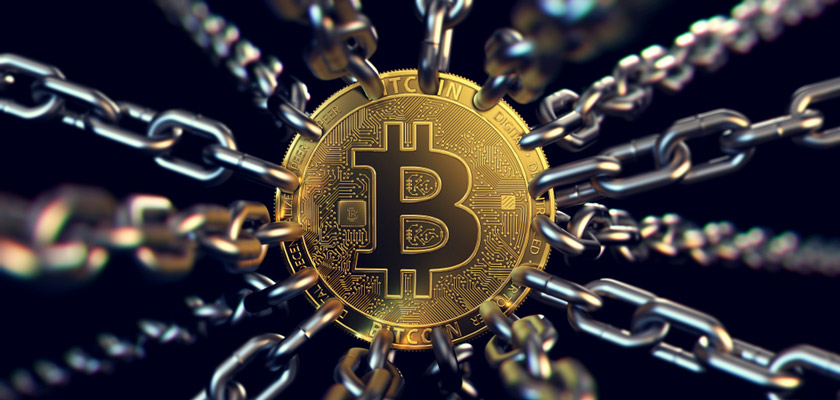Once again, digital assets find themselves overshadowed by upcoming regulatory actions. This time, it is the US White House issuing a new proposal to put a leash on crypto. Obviously, the environmental footprint of digital assets and specially Bitcoin is the concern. Now, unless the Socrates of our time (wink), Michael Saylor can come up with something more than shill tweets, BTC is facing a chilling winter ahead. Recently, Cardano creator Charles Hoskinson has warned that the new White House proposal is bad news for the leading crypto asset. Predictably, the global energy crisis will call for desperate measures as we discussed in a recent article about Polkadot (DOT). As for what the proposal is and how it could affect BTC, keep on reading.
Invest in Green Cryptocurrencies on HiExchange
Digital Assets, A Witch Hunt?
Recently, a new White House Office of Science and Technology Policy report has been putting coal in crypto related debates. Initially, the proposal calls for the involvement of the U.S. Environmental Protection Agency (EPA) and the U.S. Department of Energy (DOE) with digital assets. Clearly, this is to manifest evidence-based environmental standards for designing digital assets. In short, the outcome would be a regulatory structure to put a cap on energy consumption for digital assets. Now, this could mean that the new proposal could potentially ban Bitcoin for obvious reasons.
Lately, Bitcoin’s notorious energy consumption has been under the spotlight. In the meantime, the second crypto asset by market cap is making a hasty transition to the energy efficient Proof of Stake algorithm. Frankly, it seems like the Ethereum team is anticipating a storm of regulations coming their way. And, the Ethereum merge can be the only way to prevent a regulatory disaster. The Biden administration is treating crypto regulations as a matter of national security. With that, one has to wonder if Bitcoin can ever reach a threat level equal to Osama bin Laden.
Nonetheless, both EPA and DOE are overpowered regulatory bodies who can potentially ban certain cryptocurrency in case of involvement. Realistically, banning specific cryptocurrencies including Bitcoin will not go unchallenged by the masses. For that, the government will need a solid justification. And oh boy, when it comes to justifications, Environmental concerns on the one to rule them all. From a political standpoint, Biden is calling up the cavalry to take down BTC and the EPA is the new addition to the army. From a Technological standpoint, Bitcoin maximalists and giant miners do deserve to get hit in the stomach for all their hypocritical actions and unfair energy consumption. And so, a new war may be on the horizon between Bitcoin and White House and there’s not enough popcorn in the world to keep us entertained.
Charles Hoskinson on the Issue
In the meantime, the founder of Cardano, Charles Hoskinson is warning that the new regulations are a serious threat. According to Hoskinson, the regulations can outright ban Bitcoin.
“[The] EPA and DoE are going to start talking to crypto companies to basically tell them to change the way that their cryptocurrencies work.
And which way? Well, these should include, ‘Standards for very low energy intensities, low water usage, low noise generation, clean energy usage by operators and standards that strengthen over time for additional carbon-free generation to match and exceed additional electricity load of their facilities.
Should these measures prove ineffective at reducing impacts, the administration should explore executive actions and Congress might consider legislation to limit or eliminate the use of high energy intensity consensus mechanisms for crypto-asset mining.’
In other words, Bitcoin should be banned. That’s how you read that.”
According to Hoskinson, the White House can utilize a variety of strategies to fight the proof of work cryptocurrencies. But, the energy consumption and the environmental harm are the winning cards.
“The White House is now basically hiding in page seven a report no one will ever see or read: ‘Hey Mia, nice thing you got there with proof of work but, you know, global warming bad. So we should ban it.’
And we will soft ban it by having the EPA and DoE come in and basically create standards that you can’t adhere to.
And then when you can’t, create some form of executive order or legislation to basically prevent you from being able to do it.
Or destroy your profit margins so it’s no longer profitable for the American mining industry.”







